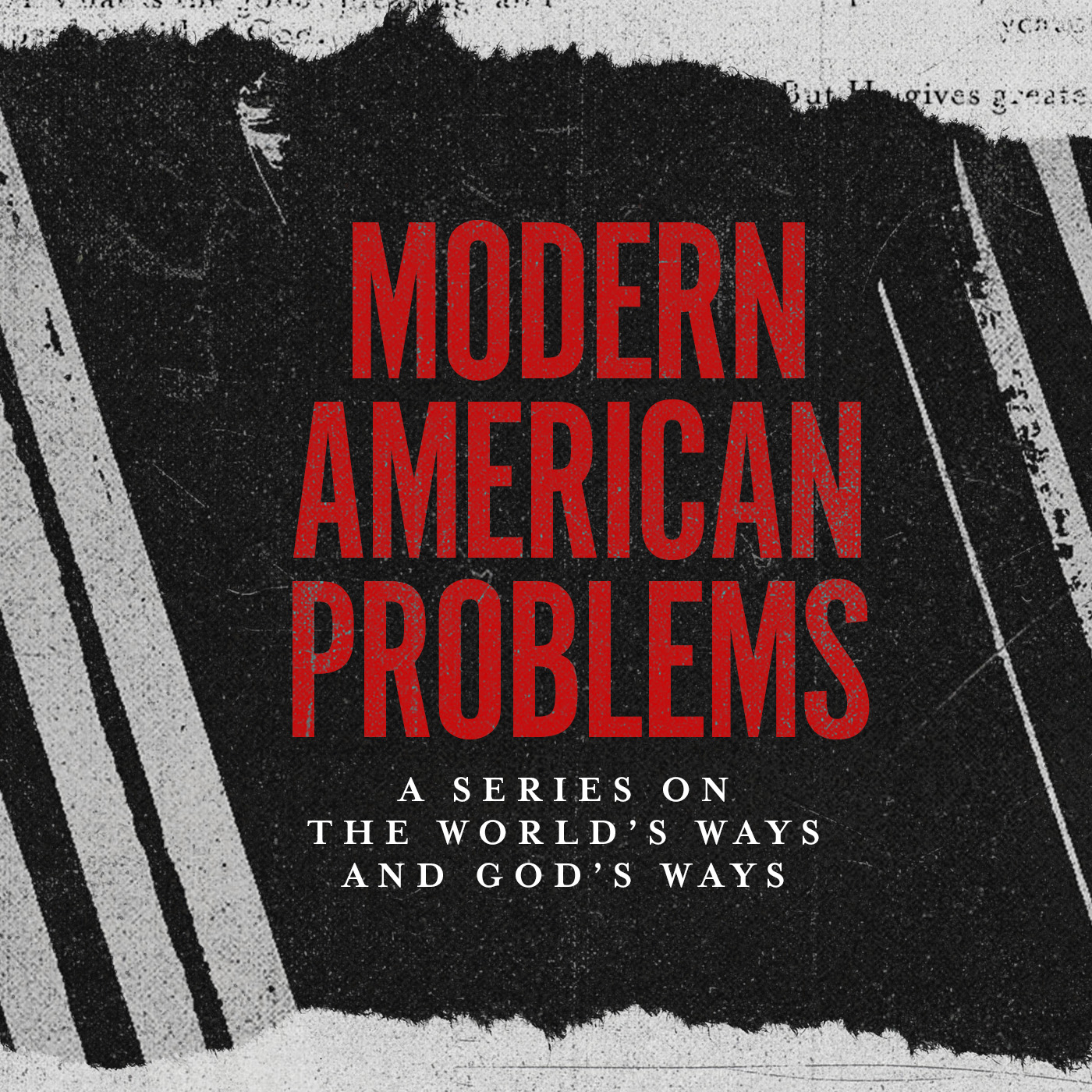Now, to some people that sounds super easy, they would say, “Just grab the rule book, follow the rules and you will be ok”. There is a HUGE glaring problem with that advice… The problem is that the Bible is not written like a rule book.
Most rule books are written like reference works where you can clearly see the rules as organized statements that are given some type of reference number. Well, The Bible is not written that way. Think about it, there is no section in the Bible called “Rule 475-16-1 - Living Godly”. That is because the Bible is a group of stories, poems, songs, history, old rules and new rules that are written by men yet inspired by God.
The problem is that some people find it hard to tell the difference between a rule, a story, and history… Why, because they all are mixed in together. You see, when reading the Bible, you might find a story, a little bit of history and some rules all included in one book. That is why the Bible can be confusing to new Christians. That sometimes leads to frustration, which causes some people leave the Bible behind.
It also leads others to “playing it safe” or intellectual laziness, so they just see everything as a command or a rule.
Neither outcome is good; however, the last outcome brings with it the real possibility of a person applying the Bible in a wrong way to themselves and others. That is why it is important to notice the difference between Biblical Observations and Biblical Commands.
Most Christians I know desire to use the Bible in a good way and not a bad way. So, most of us (either by observation or teaching) break things down like this: “The Old Testament has the stuff we don’t follow anymore, while the New Testament has the stuff we follow today.”
To be fair, that is a very simplistic argument; however, I think it underscores the flaw in that type of thinking. The flaw is that we sometimes forget (or never knew) that the New Testament is not comprised of only Biblical Commands!
But before we move forward, I think it would be helpful to look at some Biblical commands in the New Testament:
Romans 12:9-13:
Love must be sincere. Hate what is evil; cling to what is good. Be devoted to one another in love. Honor one another above yourselves. Never be lacking in zeal, but keep your spiritual fervor, serving the Lord. Be joyful in hope, patient in affliction, faithful in prayer. Share with the Lord’s people who are in need. Practice hospitality.
Dear friends, I urge you, as foreigners and exiles, to abstain from sinful desires, which wage war against your soul. Live such good lives among the pagans that, though they accuse you of doing wrong, they may see your good deeds and glorify God on the day he visits us.
In those passages, it is clear that commands are given to us that we should follow. But what does a passage look like in the New Testament that’s not a command for us to follow?
“And a young man followed him, with nothing but a linen cloth about his body. And they seized him, but he left the linen cloth and ran away naked.”
Now take a moment to think about what you just finished reading. It is indeed a passage from the New Testament; however, at any point did you think to yourself, “Wow, I guess the Bible commands me to run away naked when I am afraid.”? Of course not! ?
While that might seem obvious, there are other passages which don’t seem obvious at first.
Here is an example in Acts 2:44-45:
All the believers were together and had everything in common. They sold property and possessions to give to anyone who had need.
There are some people that read this passage and mistakenly believe that the Bible requires believers in Jesus to sell all their property. The mistake happens when a person doesn’t realize that the Book of Acts is narrative. In other words, the book is explaining “what happened” and not telling us “what is required of us”.
Can we learn from narrative passages? Yes.
In the passage above, we learn how generous the people of God were.
Can we apply narrative passages to our lives? Yes.
The application is clear. Treat fellow Christians you fellowship with like close family and don’t hesitate in using your stuff if it can help.
Can we treat a narrative passage like a personal command? Yes.
Obviously it is not a sin to sell all your stuff and help others. So, if you find a group of folks that want to live that way with you, then go for it.
Can we treat a narrative passage like a required command? No.
You can’t use the above passage in an attempt to make a person sell his or her stuff.
But remember when I said that history, narrative (story) and commands could all be mixed in together? Is there an example where it is all included in one passage in the New Testament? Yes! There is an example of this in 1 Corinthians 11:17-34, which is where we learn about Communion.
Narrative: Starting in verse 18, Paul explains what is happening in Corinth concerning the Lord’s Supper and the bad behavior of the church. Also, in verse 30 we see that the church in Corinth was experiencing some really hard things because of their disunity in the Supper.
History: Starting in verse 23, Paul gives the history of the Lord’s Supper and tells us what happened back then with Jesus and His followers. We learn that Jesus was betrayed and that he led his followers in a meal where they ate bread and drank wine.
Command: Based on the reading of the whole passage, it is clear that congregations should be practicing the Lord’s Supper; especially when looking at the, “do this in remembrance of me” sections in verses 24 and 25.
If all those things are true, then that leads to tons of questions about Communion:
- How often should churches practice Communion? Is once a month ok, or does it have to be every week?
- What type of wine did they use?
- Is it ok to use unfermented grape juice?
- Is it ok to use white wine or does it have to be red?
- Jesus and His disciples all used a common cup. Does that mean all 600 of us at Good News should use the same cup; or is it ok to use the little plastic cups?
- What about the bread? Do we have to use the exact kind of bread that Jesus had that day?
- What happens when people take Communion? Is it just a remembrance; or is something spiritual happening?
I could likely go on with many more questions just like the ones above. Those are the types of questions that show just how complicated the Bible can be at times when we are trying to apply it to our lives.
When it comes to answering the questions above, there are tons of different answers and tons of scholars and pastors all over the place that think differently. Is it ok to have an opinion on things like cups and wine type? Well, of course it’s ok.
For example, I have really firm opinions on all those questions. I would be glad to share them all with you over a cup of coffee. ?
It is helpful to realize that the above passage has History, Narrative and Command all included because it can help us not be so dogmatic about things that are not all commands and therefore not an issue of sin. That means not accusing a brother or sister of sin because they disagree with you on one of the above questions. It also means not accusing them of sin because they refuse to sell all their stuff or refuse to get naked when scared.
So, what is the takeaway?
Read your Bible, know your Bible, and rightly understand your Bible by realizing the different ways it was written. Lastly, do all those things in community. When you learn the Bible with other godly people (especially people that have been with Jesus a long time), it helps to protect you from making interpretive mistakes.
Be Encouraged,
Isaac

